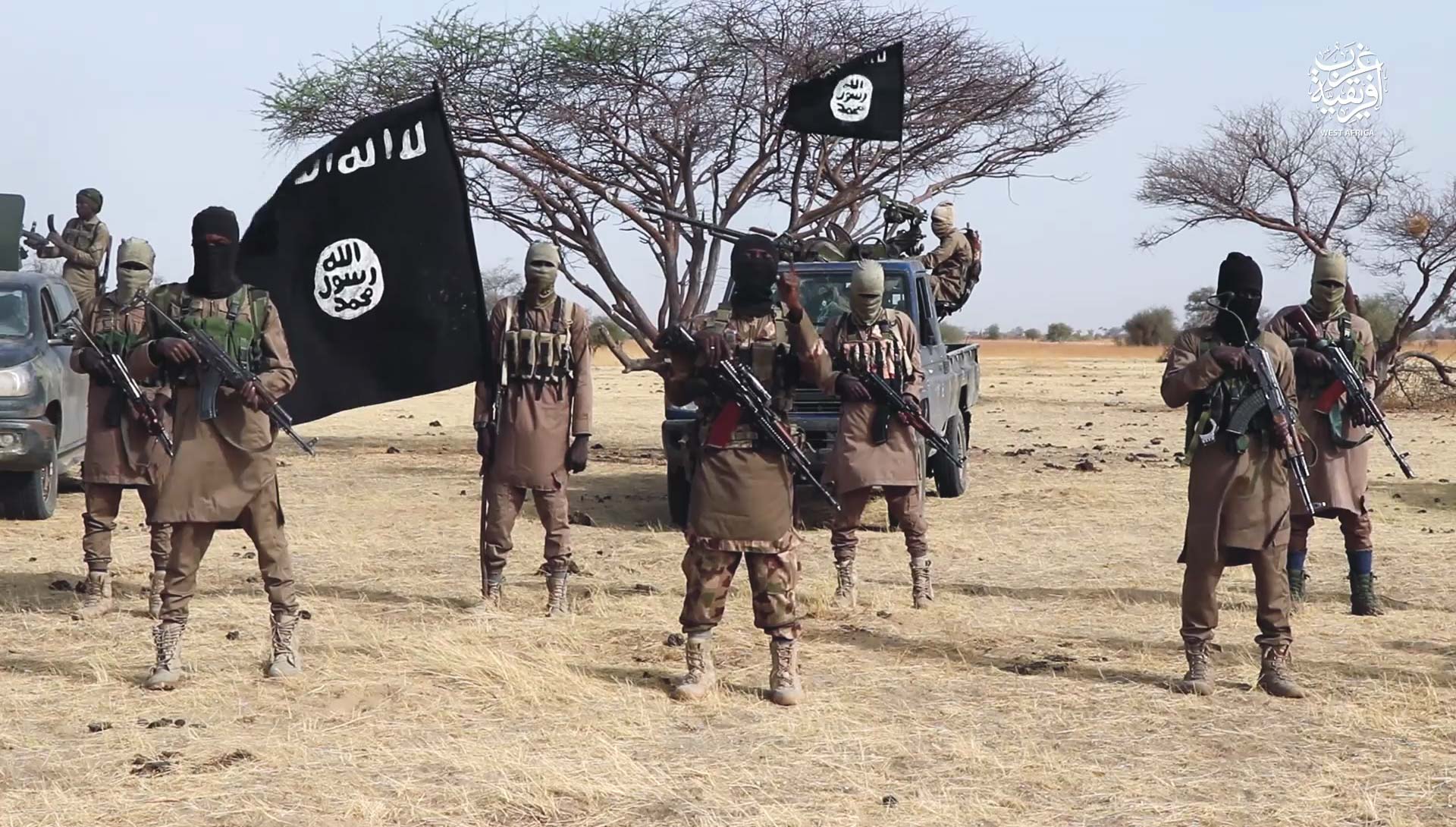Hot Stories
Recent Stories
Boko Haram, Other Terrorist Groups Compete With One Another In Mass Recruitment Of Bandits
Posted by Thandiubani on Mon 28th Jun, 2021 - tori.ngThe terror groups are competing with one another in a mass membership drive among the ranks of bandits.

Terrorists
Boko Haram, the Islamic State in West Africa Province (ISWAP), and the Jama’atu Ansarul Muslimina fii Biladis Sudan terrorist groups are currently engaging in massive recruitment of bandits, according to a report by Daily Trust.
Llocals, security sources and experts said the push is already yielding fruits for the insurgent groups with some prominent bandits declaring allegiance to the terrorist groups or consenting to a close working relationship; sharing intelligence and logistics support among themselves.
States worst hit by the intractable rural banditry are: Niger, Kaduna, Zamfara, Katsina, Sokoto and Kebbi. The states share boundaries and are easily navigated through large swathes of unmanned forests.
The six states have 249,143 square kilometres of landmass, an area more than the size of the United Kingdom. Most of the landmass is ungoverned, with a significant part occupied by inaccessible forests and rural communities.
An expert on the insurgency and researcher at the Tony Blair Institute for Global Change in London, Audu Bulama Bukarti, told the newspaper at the weekend, that the “Boko Haram’s infiltration of the criminals in the North West is extremely dangerous on several levels”.
For a long time, security sources said, Boko Haram, ISWAP and Ansaru have been struggling for space within the expanse of land covering these states. The terrorist groups are in active moves with the aim of benefitting from the chaos created by bandits, especially in the worst-hit states.
A recent report by the International Crisis Group (ICG) pointed out that since late 2019, ISWAP and Ansaru have started taking credit for attacks in the North West. In October last year, according to the report, ISWAP claimed responsibility for an attack on Nigerian troops in Sokoto.
“Many Nigerian security and other independent local sources interviewed by Crisis Group corroborate that amid the breakdown of stability in Zamfara and elsewhere, two Boko Haram offshoots are making inroads into the the region, where they are forging tighter relationships with aggrieved communities, herder-affiliated armed groups and criminal gangs,” the report released last month reads in part.
Top Stories
Popular Stories
Stories from this Category
Recent Stories

















































